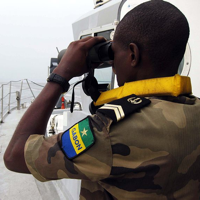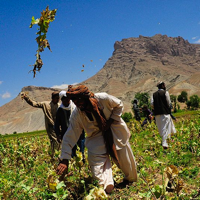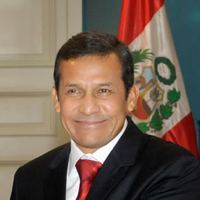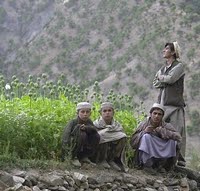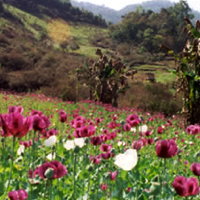
From the early 1950s until 1990, when Afghanistan’s opium production surpassed that of Myanmar, most of the world’s illicit opium originated in mainland Southeast Asia. This is partly because the region’s rugged hills and mountains, heavy monsoon rains and lack of transport infrastructure have long protected rebel armies and illegal opium poppy cultivation from the writ of central governments and anti-drug agencies. Myanmar’s turbulent political history and internal wars since its independence in 1948 also contributed significantly to Asia’s long reign as the global leader in illicit opium production, as the opium economy and the war economy clearly nurtured one […]

